How to do Python step by step?
How to do Python step by step?
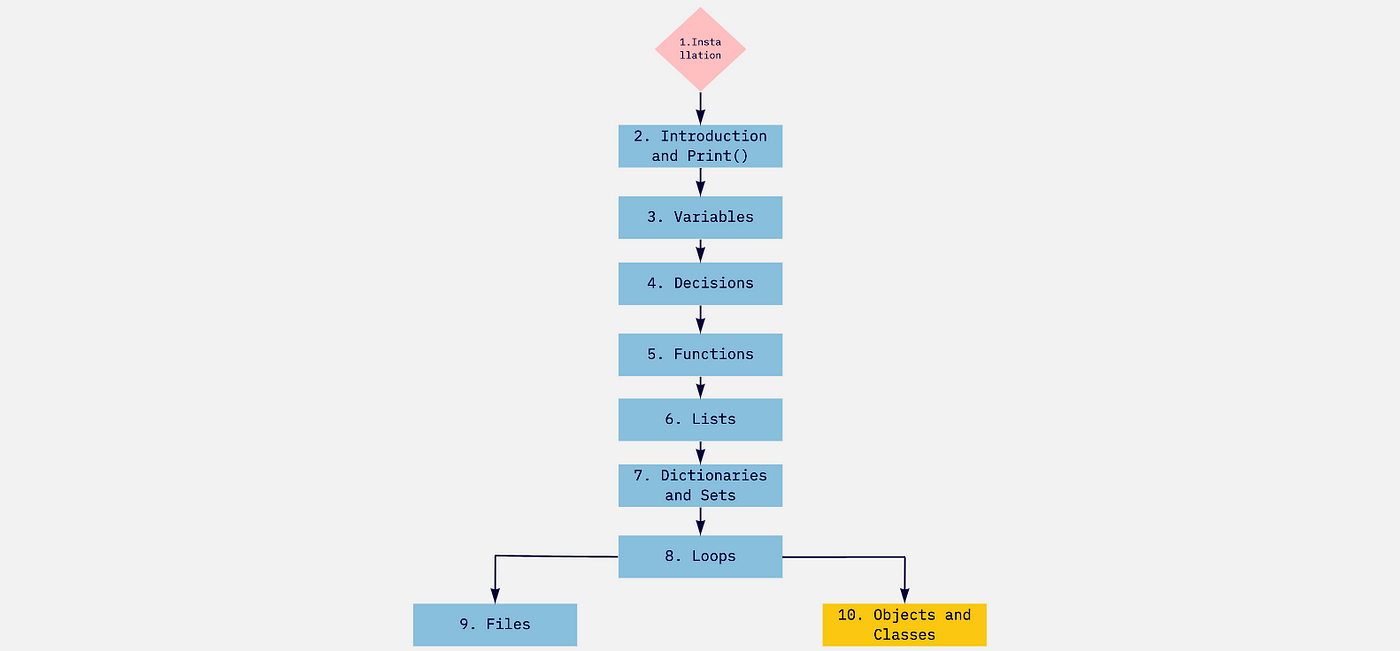
Here's a step-by-step guide on how to learn Python:
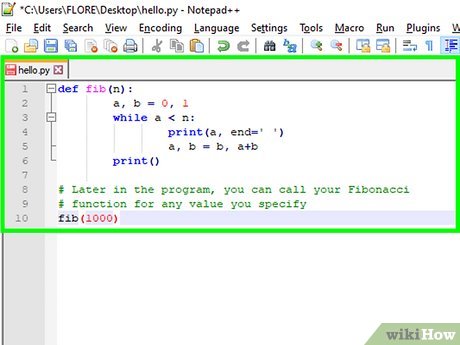
Step 1: Get Familiar with the Basics
Python is a high-level programming language that emphasizes readability and simplicity. Start by understanding the basic syntax, data types, and control structures. You can start with online resources like Codecademy's Python course, Python.org, or W3Schools' Python Tutorial.
Step 2: Install Python
Download and install Python from the official Python website (www.python.org/downloads). Make sure to choose the correct version for your operating system (Windows, macOS, or Linux).
Step 3: Set Up Your Development Environment
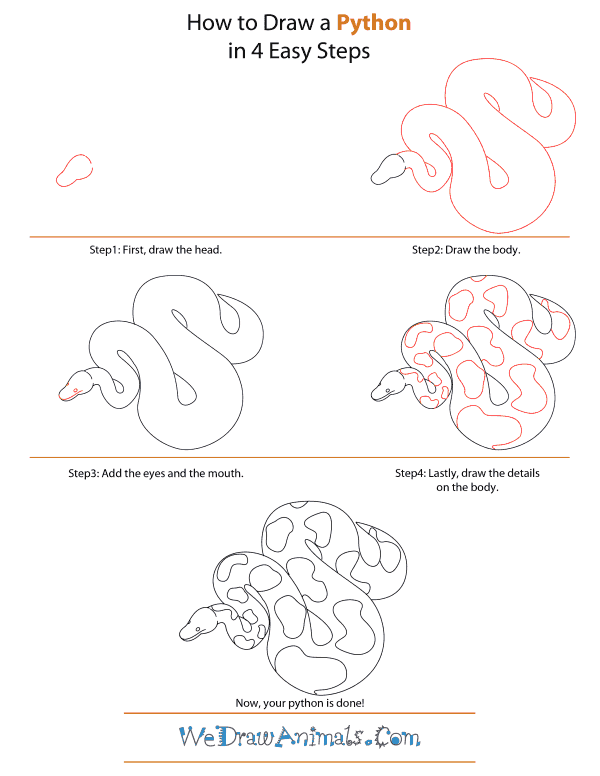
Install a code editor or IDE (Integrated Development Environment) that supports Python. Some popular choices include:
PyCharm: A professional-grade IDE with advanced features.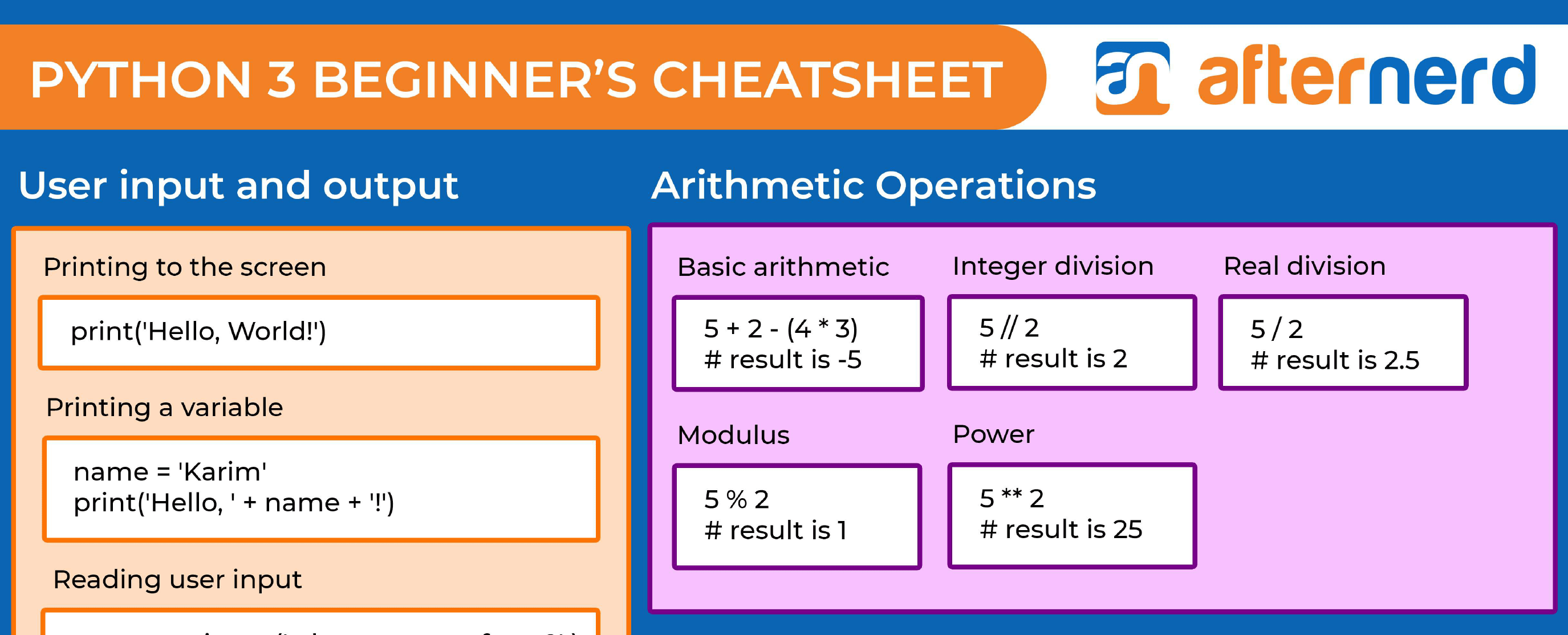
Step 4: Learn Basic Syntax
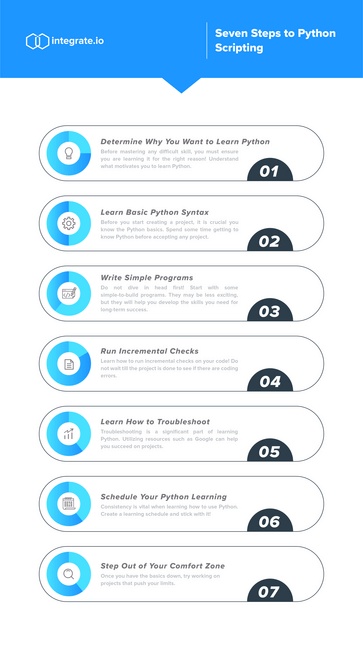
Start by learning basic syntax elements like:
Variables: Assigning values to names Data Types: Understanding the types of variables (strings, integers, floats) Operators: Performing arithmetic, comparison, and logical operations Control Structures: Using if-else statements, for loops, while loops, and functionsStep 5: Practice with Tutorials
Practice is key! Start by working through tutorials like:
Codecademy's Python course (https://www.codecademy.com/learn/learn-python) W3Schools' Python Tutorial (https://www.w3schools.com/python/) Real Python's Interactive Tutorials (https://realpython.com/tutorials-interactives-python)Step 6: Work on Projects
Once you have a solid grasp of the basics, start working on projects that interest you. This could be:
Command-line applications Games Web scraping Data analysis Machine learningStep 7: Join Online Communities
Join online communities like:
Reddit's r/learnpython (https://www.reddit.com/r/learnpython/) Stack Overflow's Python tag (https://stackoverflow.com/questions/tagged/python) Python subreddit (https://www.reddit.com/r/Python/)Step 8: Read Books and Documentation
Read books and documentation to deepen your understanding of specific topics or areas:
"Python Crash Course" by Eric Matthes "Automate the Boring Stuff with Python" by Al Sweigart Official Python Documentation (https://docs.python.org/3/)Step 9: Participate in Coding Challenges
Participate in coding challenges like:
HackerRank's Python track (https://www.hackerrank.com/domains/python) Project Euler's Python problems (https://projecteuler.net/) Code Golf's Python challenges (https://codegolf.stackexchange.com/questions/tagged/python)Step 10: Learn Advanced Topics
Once you have a solid foundation, learn advanced topics like:
Object-Oriented Programming Decorators Generators Coroutines ConcurrencyStep 11: Stay Up-to-Date with the Community
Stay up-to-date with the latest developments in the Python community by attending conferences, meetups, or webinars. Follow prominent Python developers and experts on social media platforms like Twitter.
By following these steps, you'll be well on your way to becoming proficient in Python programming!
How is Python for beginners?
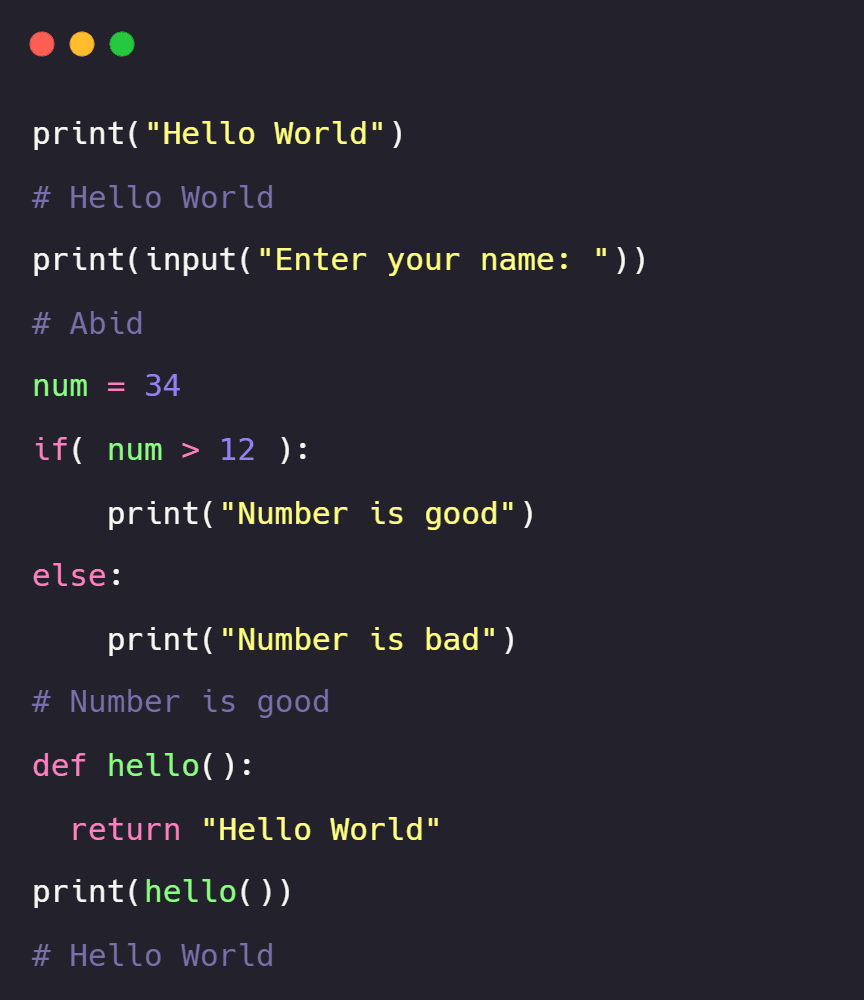
Python! A programming language that has gained immense popularity and acceptance among developers of all levels. As a beginner's perspective, I'll share my insights on how Python can be an ideal starting point.
Why Python?
Easy to Learn: Python has a syntax that is simple and intuitive, making it perfect for beginners. You can start writing code in no time! Versatile: With Python, you can explore various areas like data analysis, machine learning, web development, automation, and more. Large Community: The Python community is massive and active, with numerous resources, libraries, and frameworks to support your learning journey.Benefits for Beginners
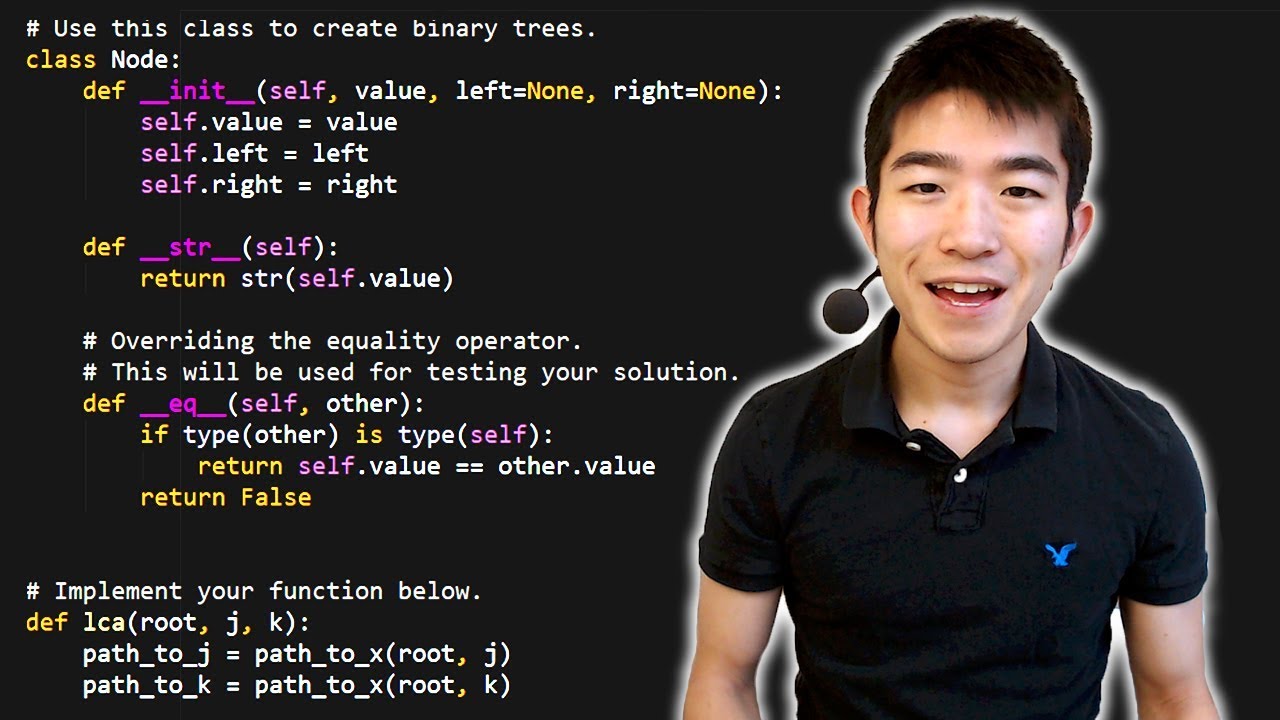
Where to Start?
Online Courses: Websites like Codecademy, Coursera, edX, and Udemy offer comprehensive Python courses with hands-on exercises and projects. Books and Tutorials: Check out resources from experienced developers like "Python Crash Course" by Eric Matthes or "Automate the Boring Stuff with Python" by Al Sweigart. Practice and Projects: Start building small projects, such as command-line tools, games, or scripts to automate tasks.Tips for Success
Start Small: Begin with simple programs and gradually move on to more complex topics. Experiment and Debug: Try new concepts, and don't be afraid to make mistakes – they're an essential part of the learning process! Join Online Communities: Participate in forums like Reddit's r/learnpython, Stack Overflow, or Python subreddit to connect with fellow learners.In Conclusion
Python is an excellent choice for beginners due to its simplicity, versatility, and vast resources. By following the steps outlined above, you'll be well on your way to becoming a proficient Python programmer. Don't be afraid to explore, experiment, and learn – it's the best way to master this fantastic language!





























